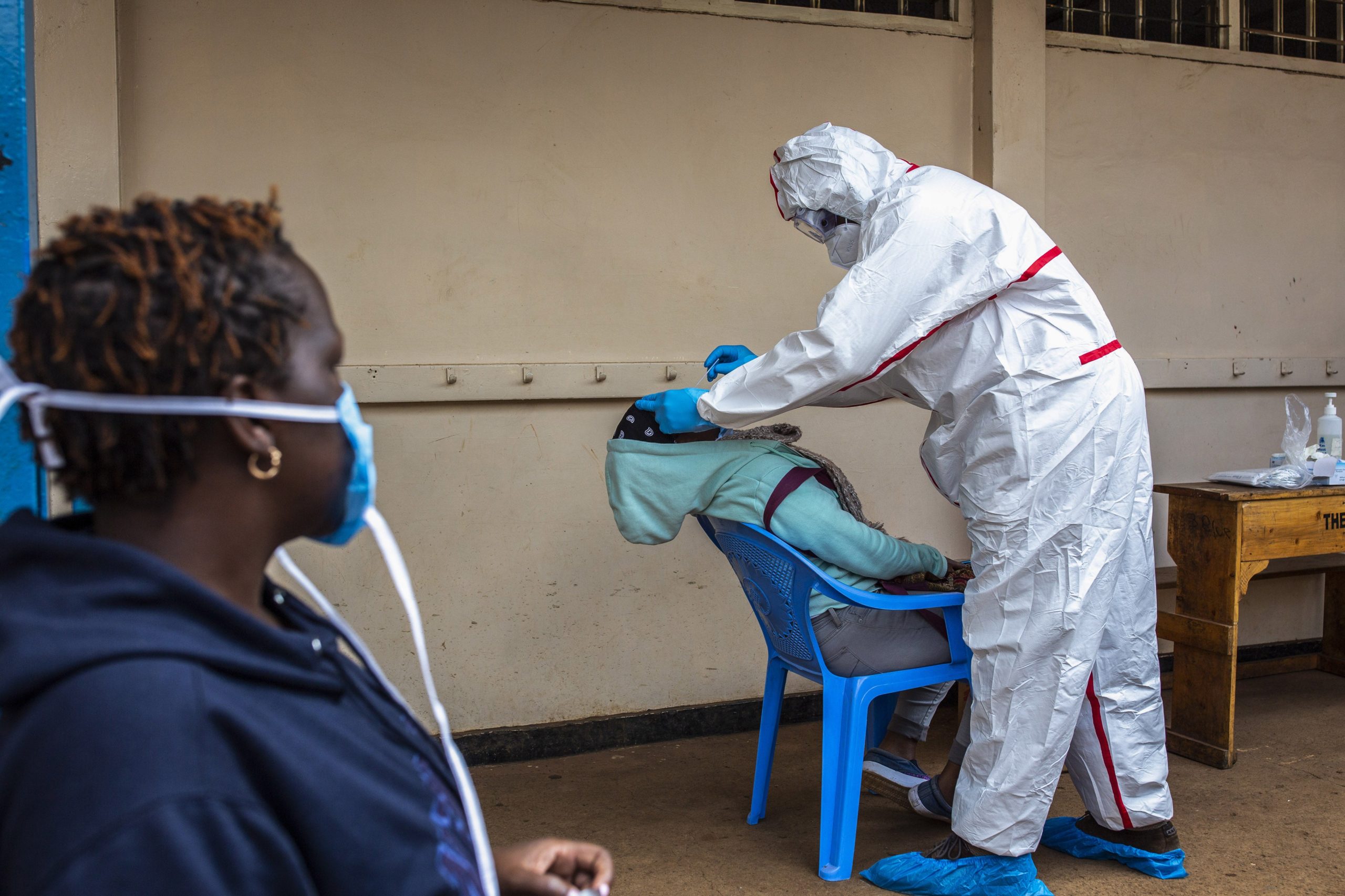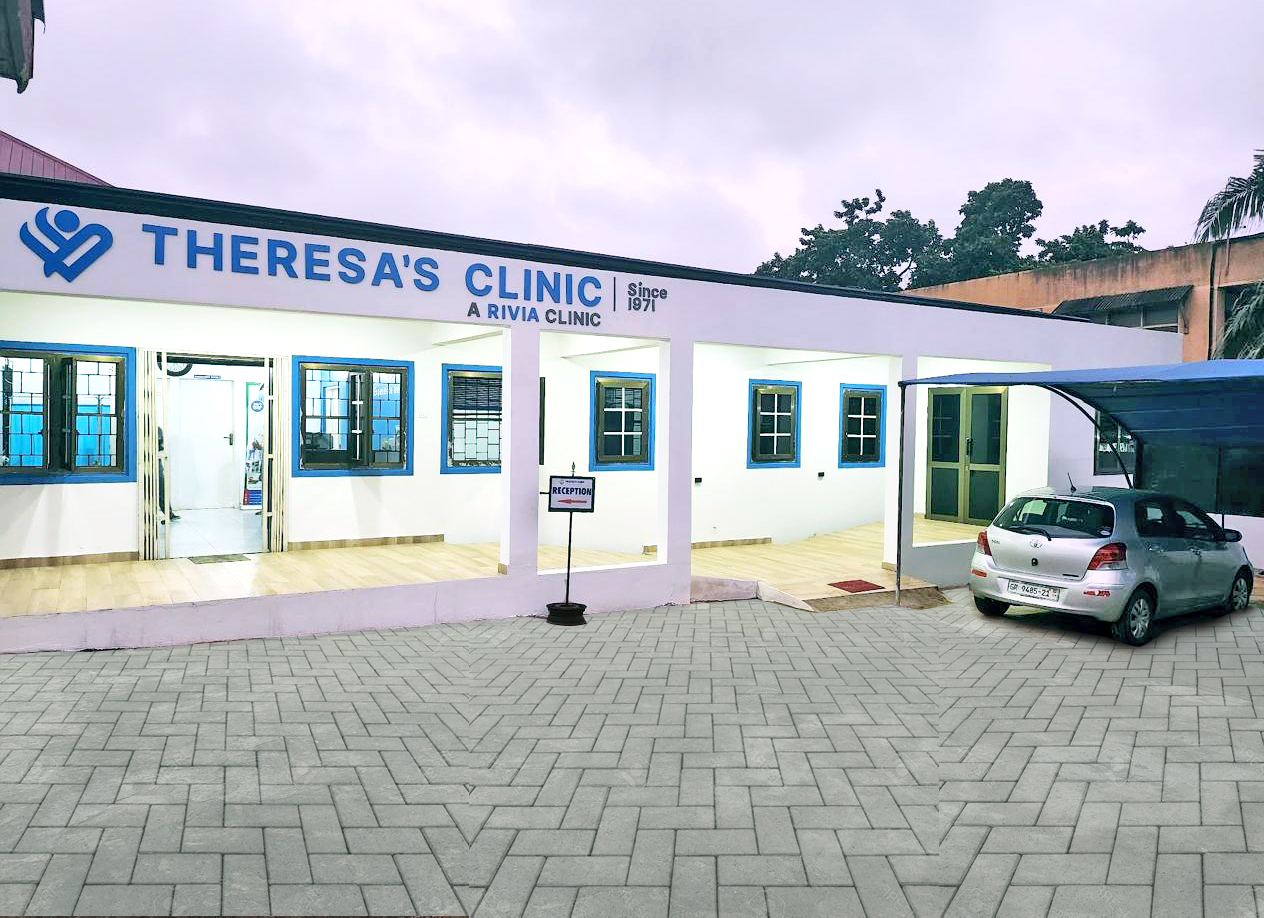The Pasteur Institute in Senegal will produce rapid antigen tests for diagnosing the coronavirus disease from early 2022 with the help of a new tech transfer agreement.
The Dakar-based centre is partnering with Bionote, a South Korean company that provides diagnostic solutions for Covid-19, and Mologic, a British biotech company set to be acquired by a Bill Gates-backed consortium.
An antigen test is regarded as a suitable ‘first line of defense’ against the coronavirus disease for individuals who have symptoms. It is a simpler and quicker procedure compared to other approaches like PCR testing.
A typical antigen testing takes around 15 minutes to determine whether a patient is infected, although it is less accurate than PCR, according to a study by the Centers for Disease Control and Prevention (CDC).
The agreement between Pasteur and the companies was disclosed in a statement from two international health agencies, UNITAID and FIND, a global alliance for diagnostics, as reported by Reuters.
“High-quality antigen tests are the primary diagnostic tool for detecting active infection in poorer settings where molecular testing is not available,” the statement read.
Under the deal, the technology and expertise for making the Covid tests will be passed from the foreign pharmaceutical giants to Pasteur’s DiaTROPIX, a diagnostic test production unit launched in November. The goal is to boost Covid detection in Africa.
“Expanded production capacity in local and regional hubs is critical to ensuring that healthcare providers in low- and middle-income countries can implement effective testing strategies to contain the spread of the virus,” UNITAID spokesman Herve Verhoosel, said.
DiaTROPIX will seek regulatory approval in Senegal for the tests transferred from Mologic and Bionote and commercialise them under its own brand. It plans to make 2.5 million tests per month in 2022, according to the statement.
Unprecedented surge in infections
Compared to its regional peers like South Africa and Nigeria, Senegal has seen fewer coronavirus-related cases and deaths.
Dakar has so far recorded more than 52,000 infections and 1,220 deaths since the outbreak started. The numbers pale in comparison to South Africa’s (2.24 million infections and 65,000+ deaths) and Nigeria’s (169,000+ infections and 2,000+ deaths).
However, the rapid antigen test deal involving the Pasteur Institute comes at a time when Senegal is grappling with soaring coronavirus cases.
According to health ministry spokesman Mamadou Ndiaye, the West African nation was seeing an “unprecedented” surge in Covid infections. He said this after a new daily record of 733 cases was recorded, beating the previous record of 529 cases.
More than 25% of the 2,854 tests carried out in the past 24 hours to Wednesday came back positive, according to Ndiaye.
Vaccinations have been slow, making Senegal vulnerable to fresh surges. Out of over 16 million people, only 590,969 have been vaccinated. Senegal lacks enough doses to vaccinate everyone, like most African countries.
Senegalese authorities are expecting 165,000 doses of the Johnson & Johnson Covid vaccine and 300,000 doses of China’s Sinopharm shots, Ndiaye said.
If you enjoyed reading this article, please share in your WhatsApp groups and Telegram channels.




















